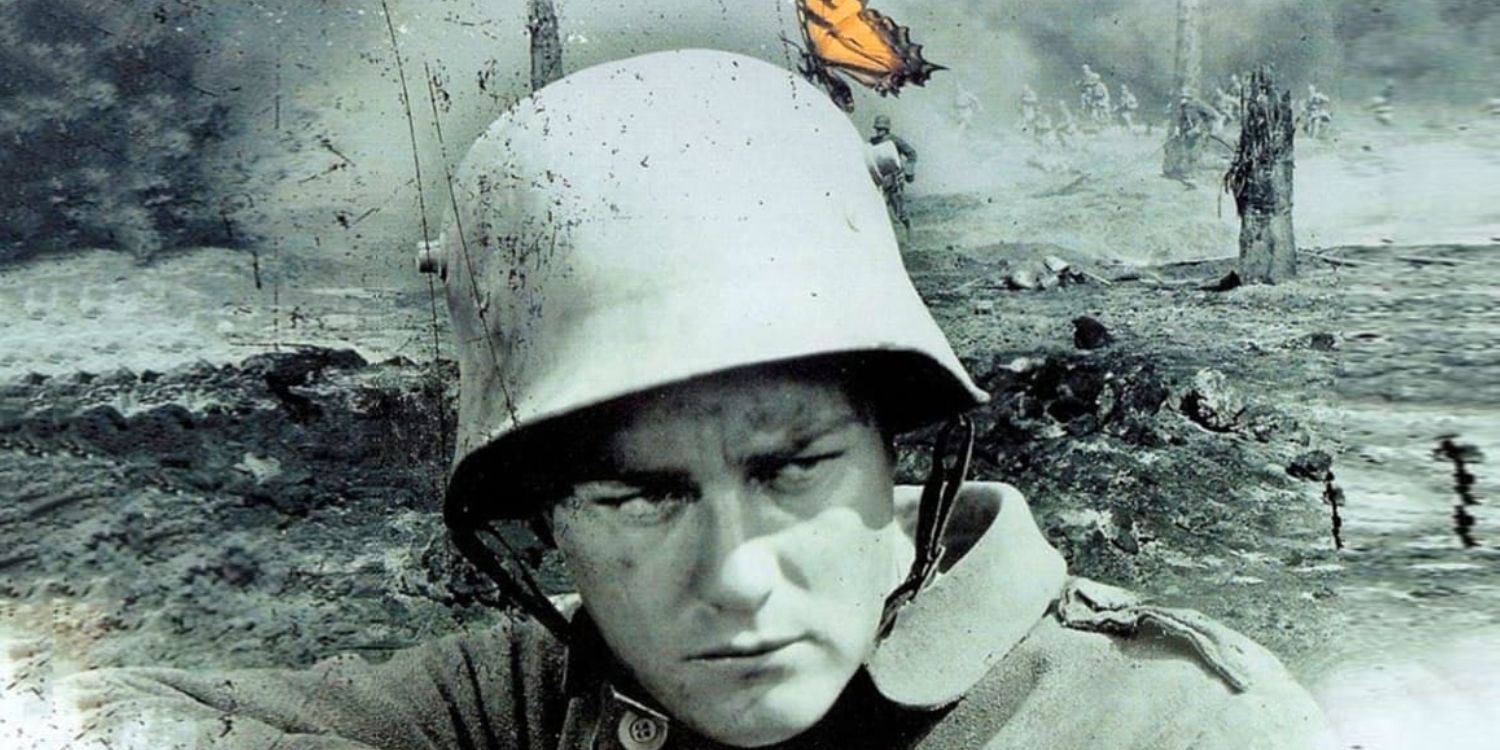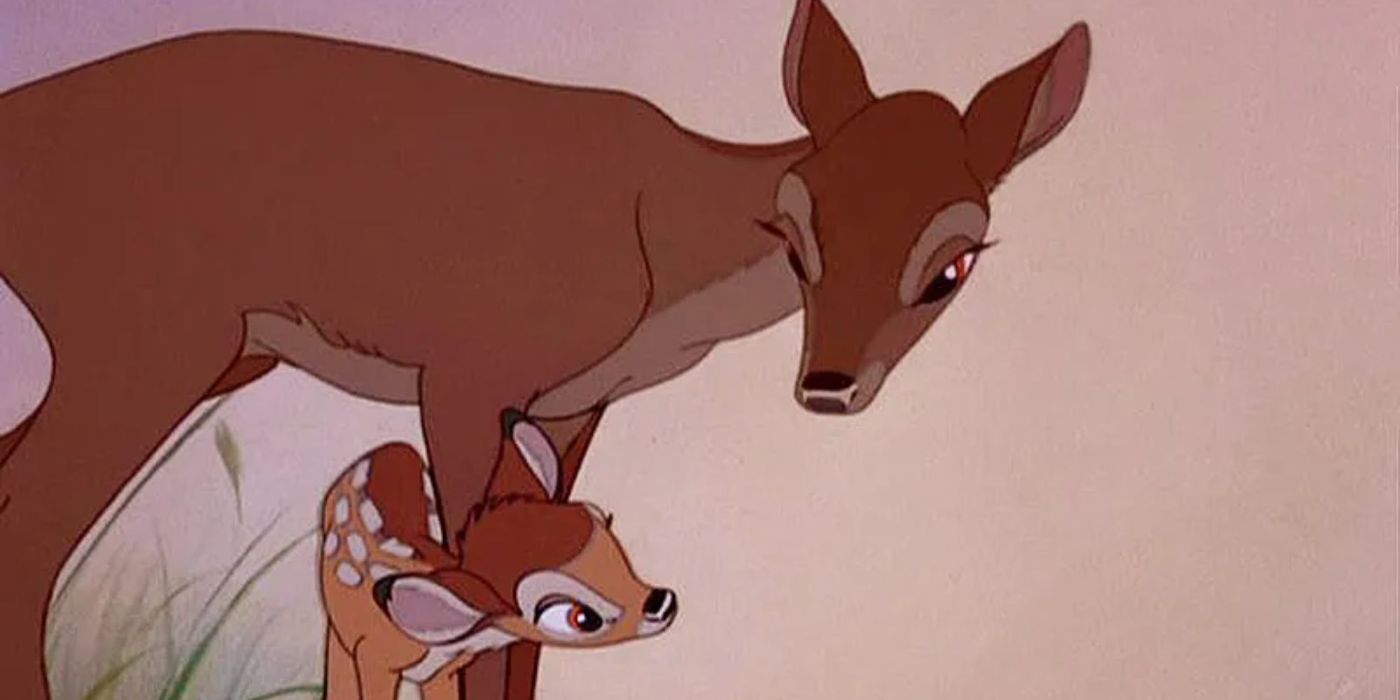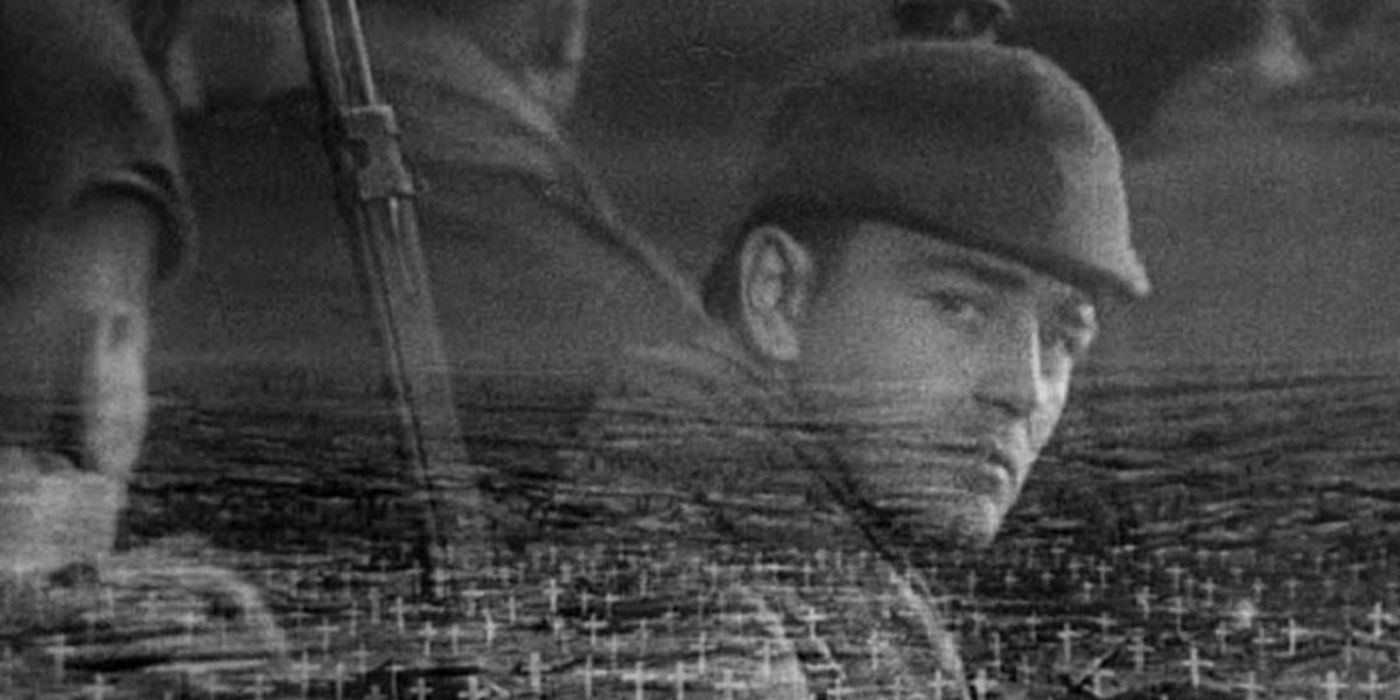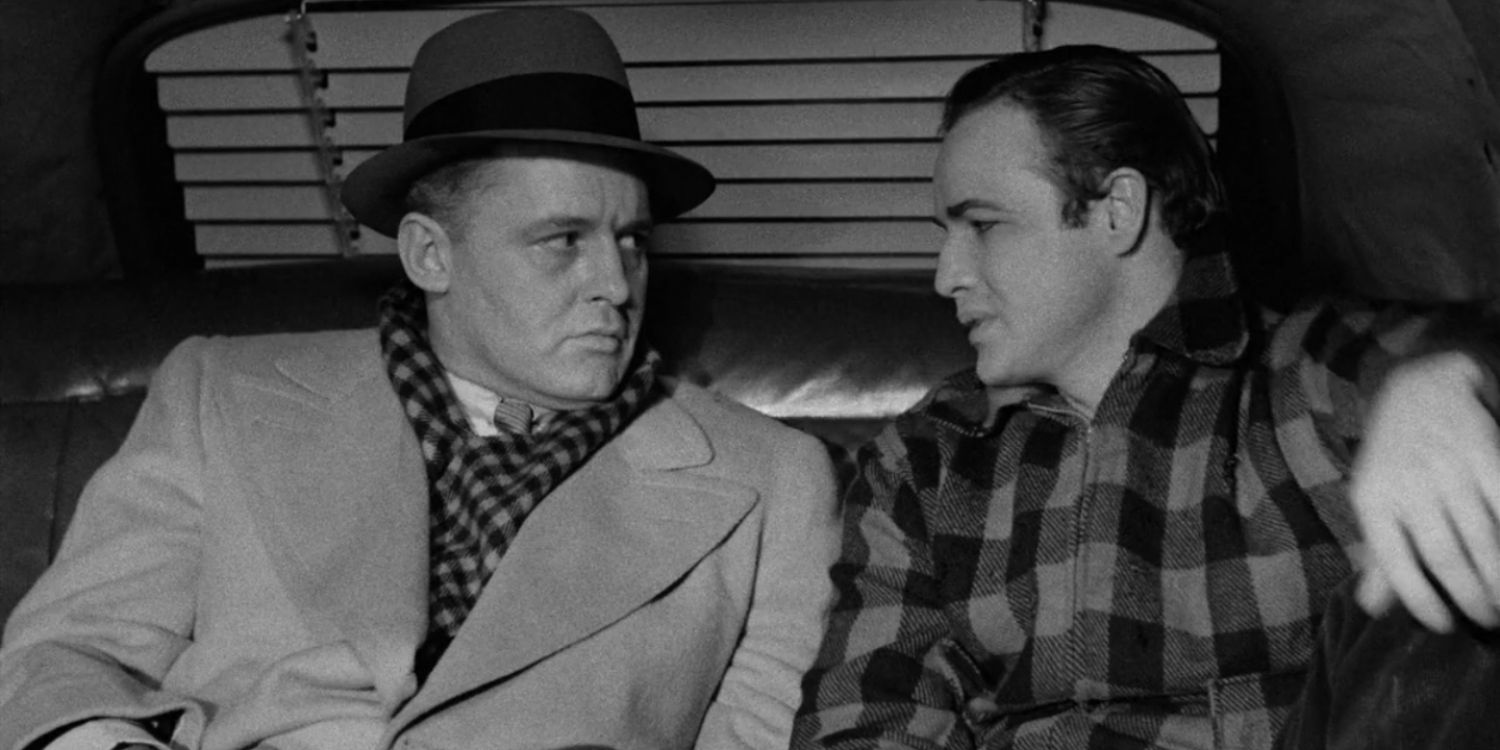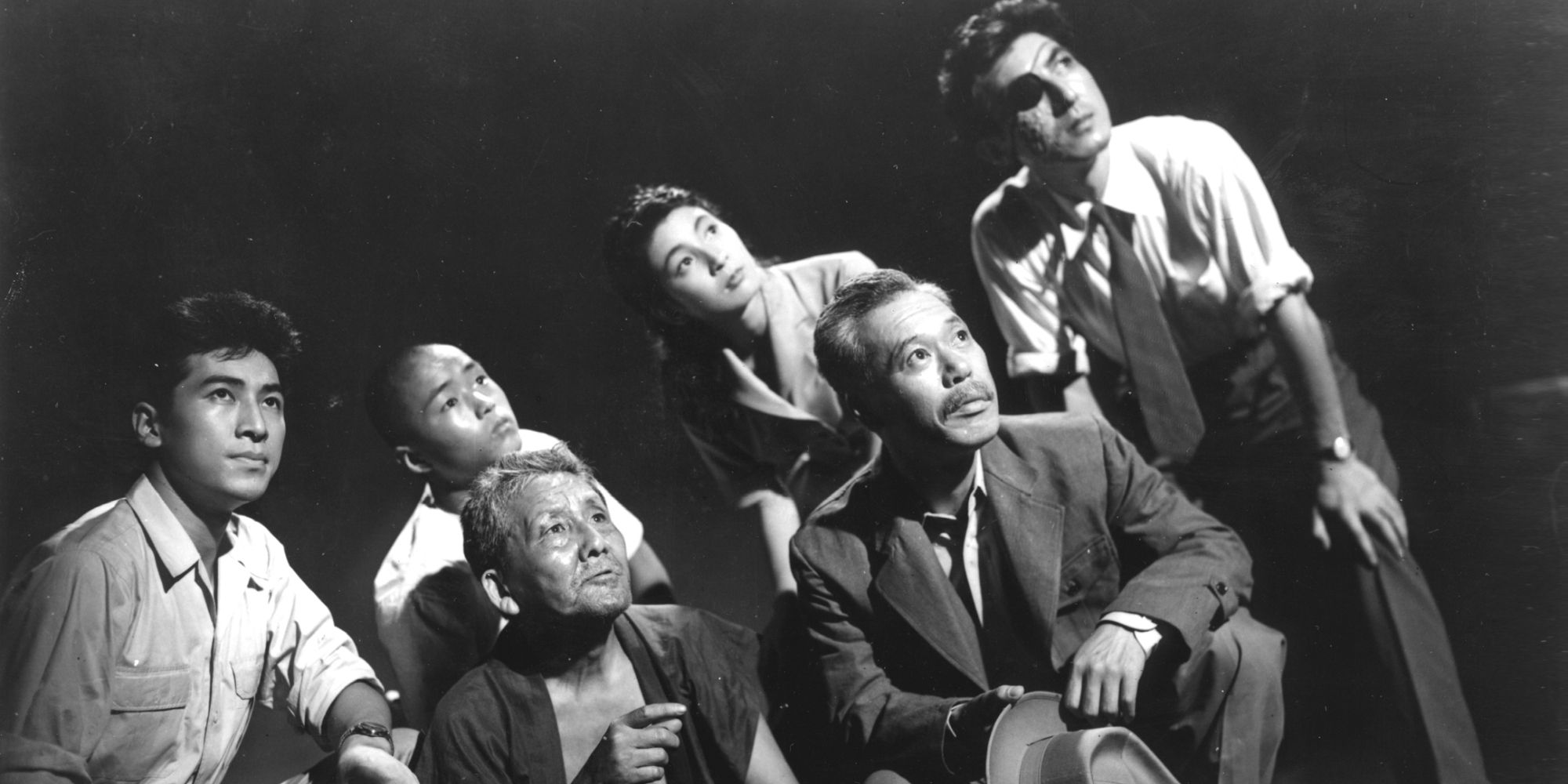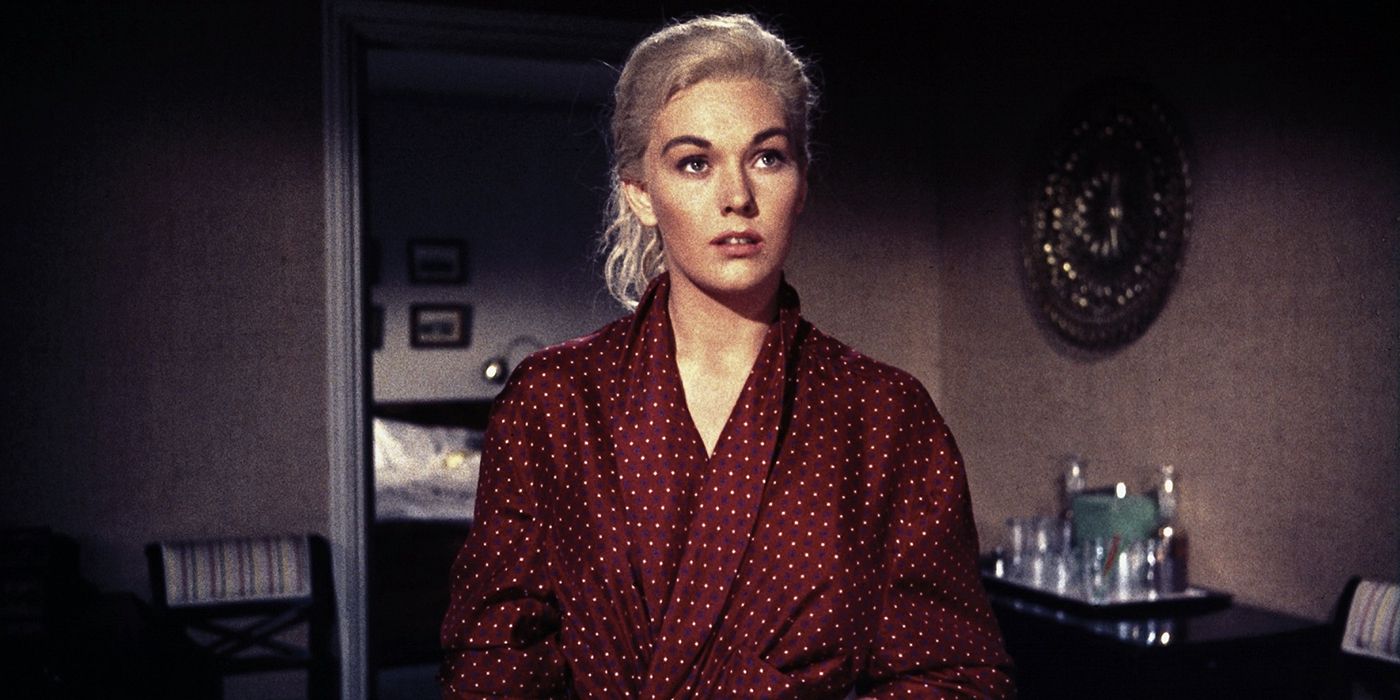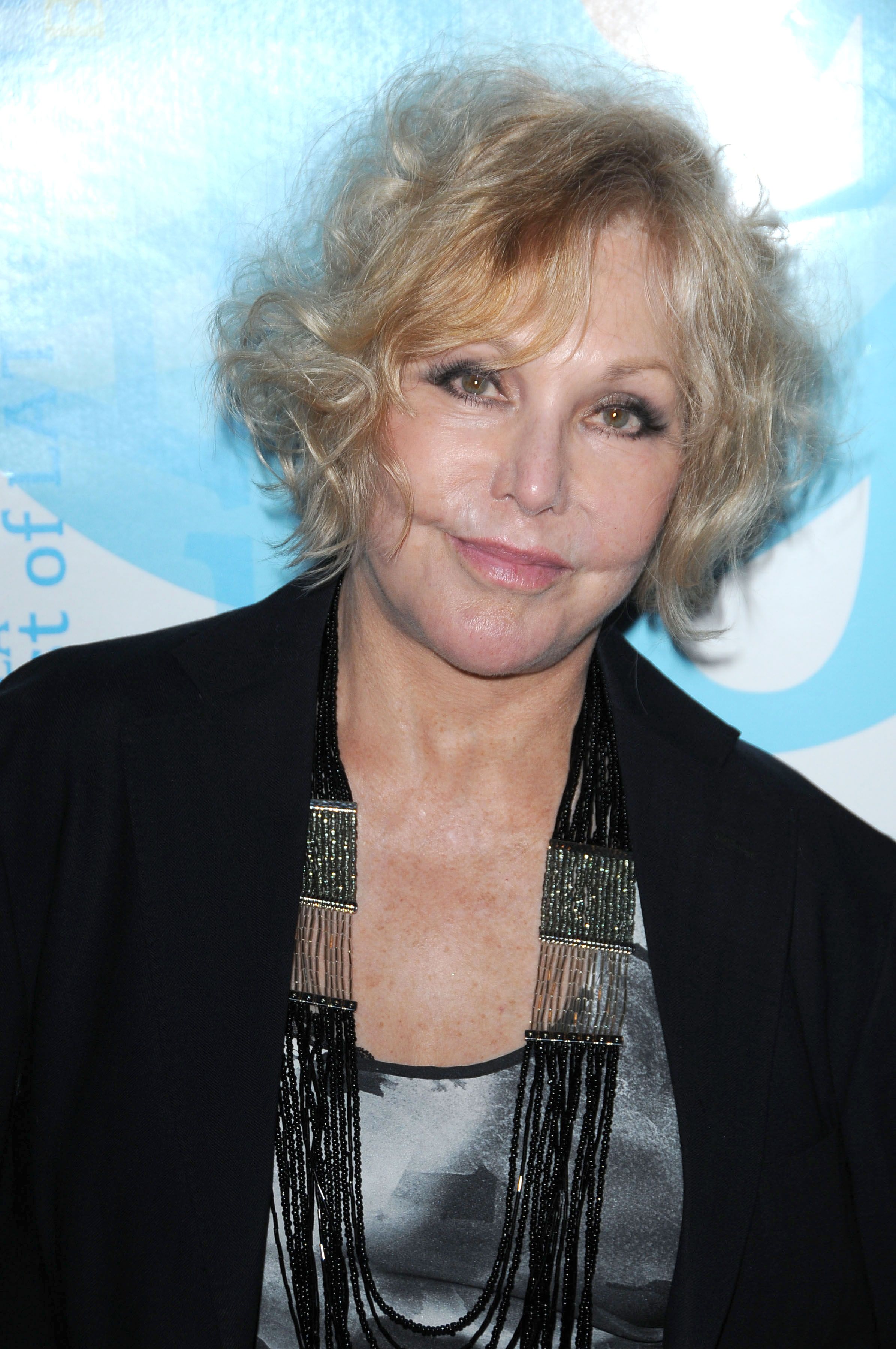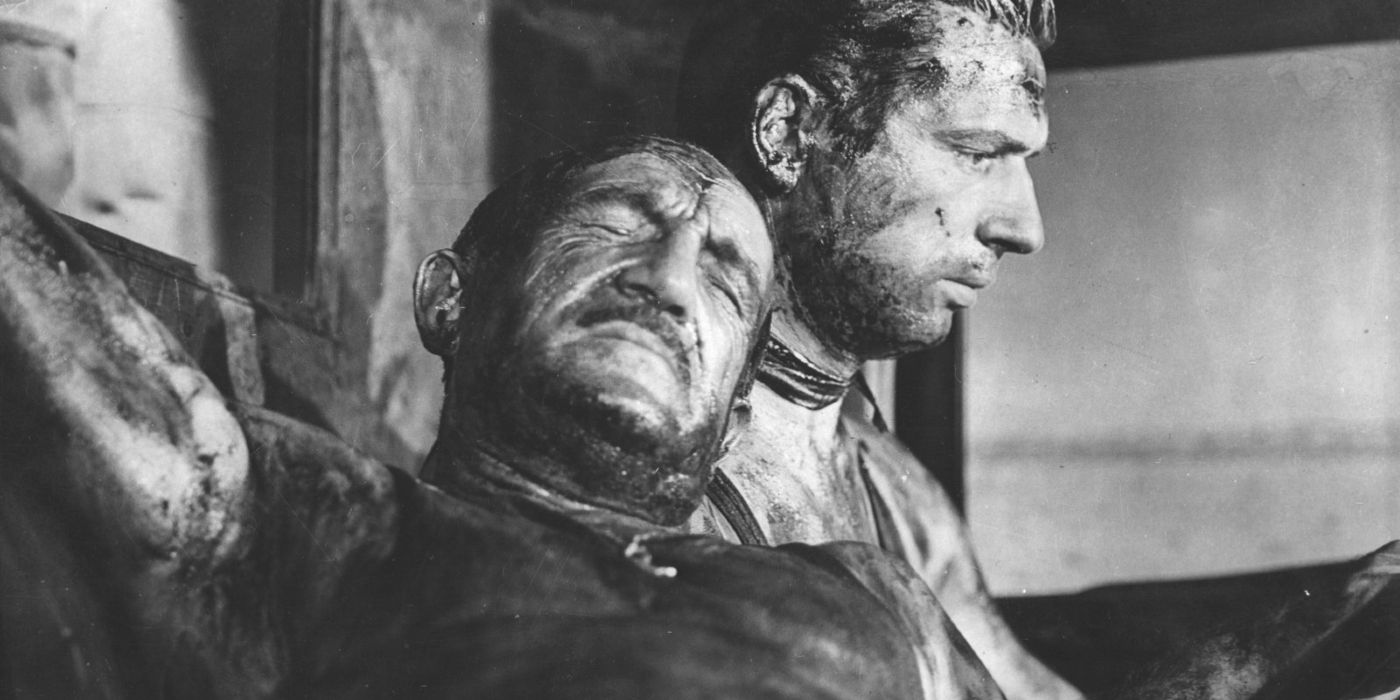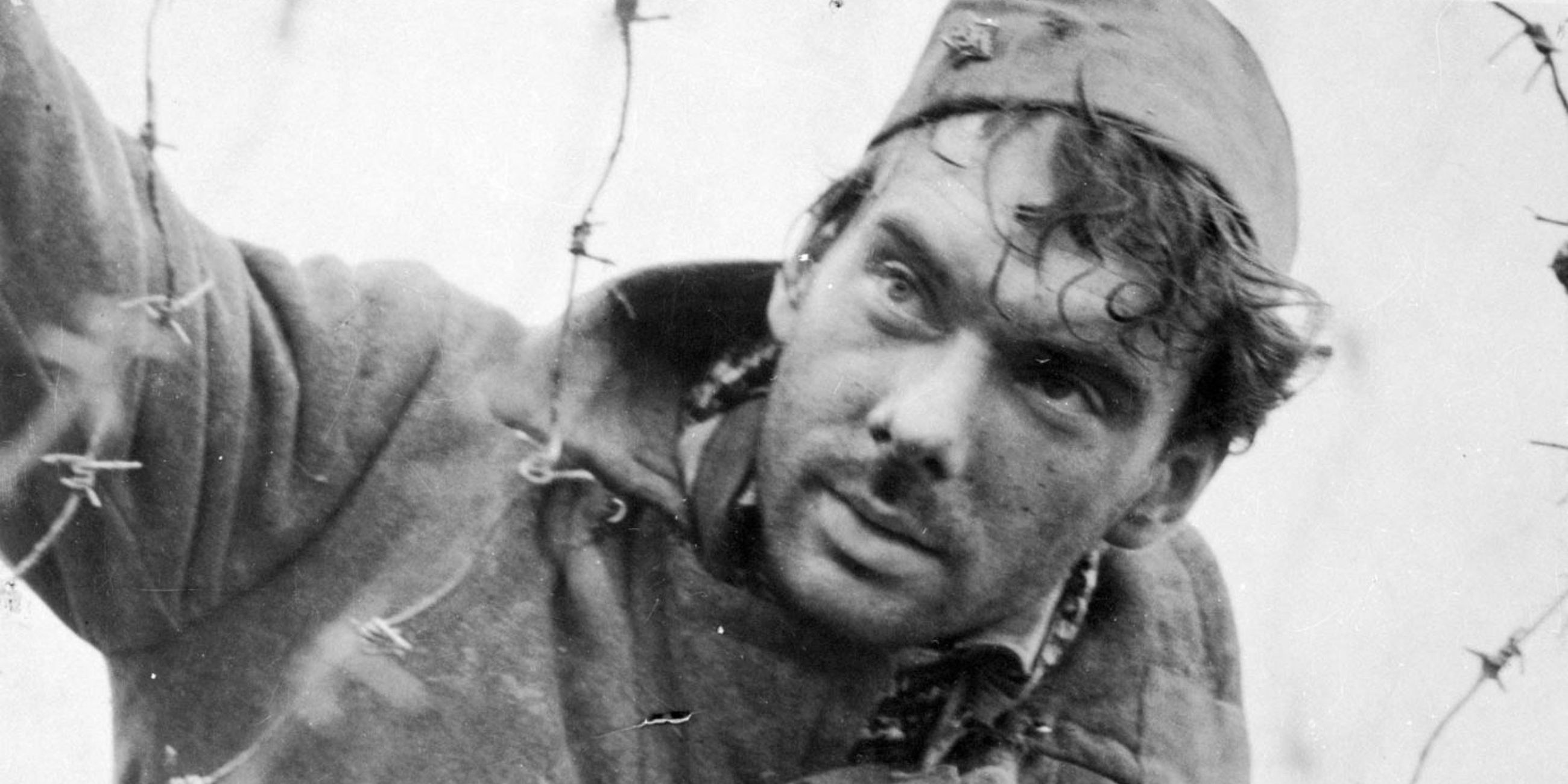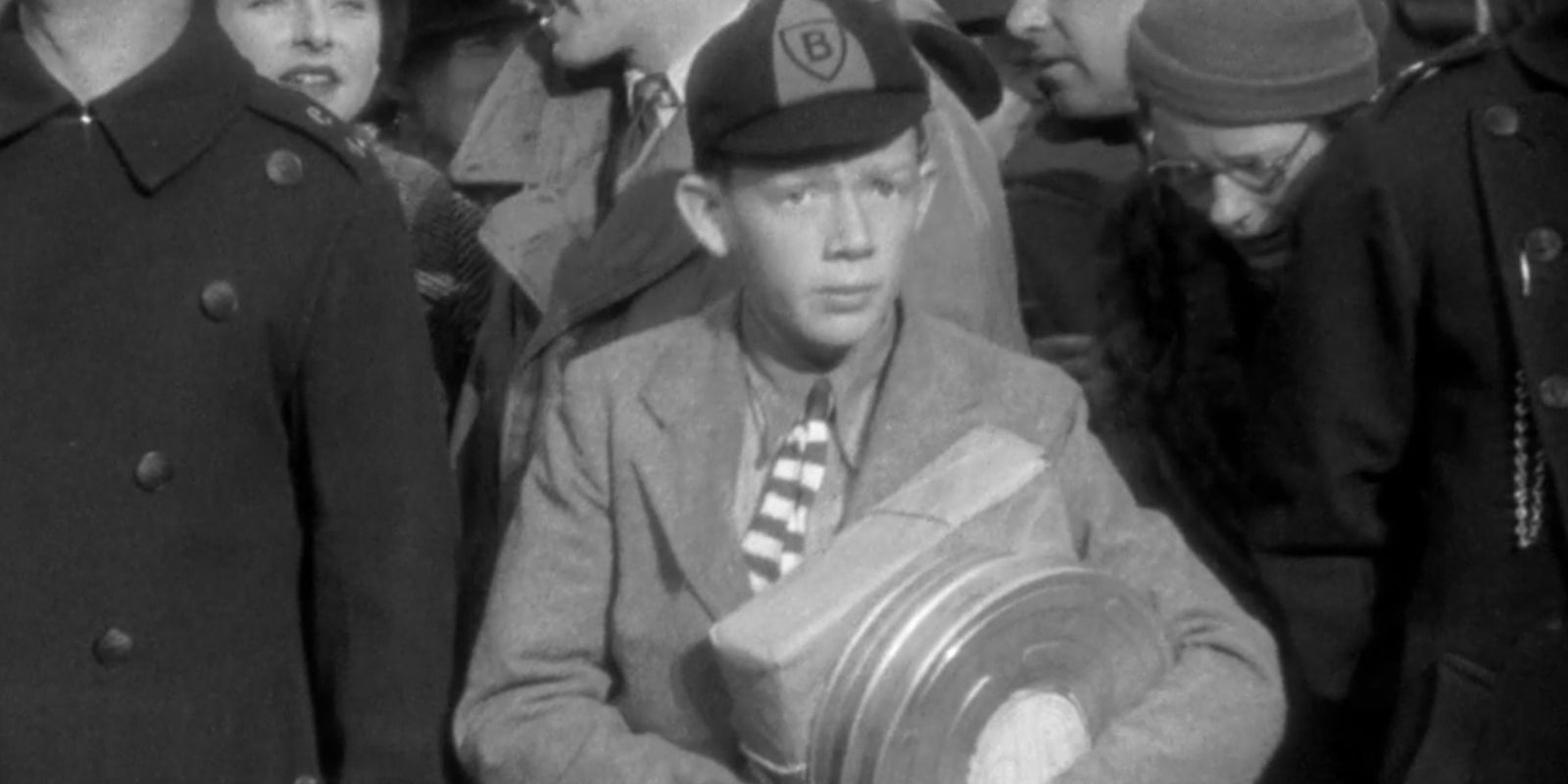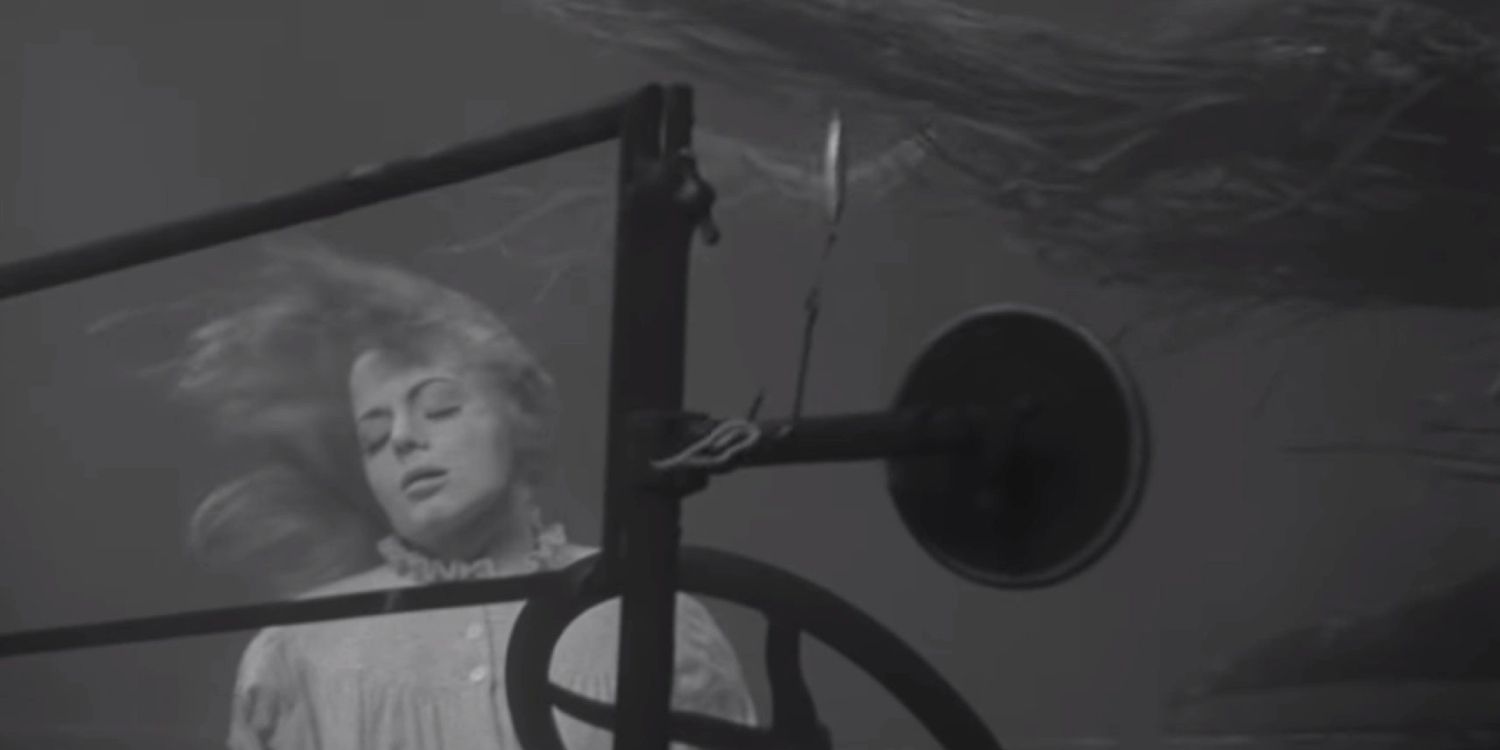Perhaps the thing that Psycho is most well-known for is a certain narrative decision it makes before the halfway mark; a plot twist so famous that it’s one of those that doesn’t usually necessitate a spoiler warning. In the rare chance you haven’t seen Psycho, consider this a loose warning, but there is a character who is followed prominently throughout the film’s first act.
She’s on the run, she stops at a strange motel, she meets a somewhat unnerving young man, and then, while she’s showering, a figure whose face isn't seen murders her, and then the audience is forced to follow several other characters who try to get to the bottom of this murder. It is certainly one of the first truly shocking and unpredictable death scenes in cinema history, but not the very first, as these films – all released before 1960; some famous, others a little lesser-known – demonstrate.
There will, naturally, be spoilers for the movies discussed.
10 'Bambi' (1942)
Bambi's mother
With Bambi, the big death scene feels kind of obvious in hindsight, and does admittedly happen relatively early on in the narrative… but still, for its time, the title character’s mother getting shot might've been a shock. It’s an event that forces Bambi to become independent and intensifies the film’s status as a coming-of-age story, but it’s more the abruptness of it all that makes it worth noting.
Well, that and how infamously sad it is, plus the way it helped define what would later become a Disney convention (used sometimes, not 100% of the time) wherein a parental figure of a young protagonist would be killed off at some point relatively early in the story. Bambi isn't afraid to confront the topic of death within an animated movie aimed at younger audiences, so it’s a narrative beat that’s understandably renowned.
9 'All Quiet on the Western Front' (1930)
Most characters, including Paul
Similar to Bambi, All Quiet on the Western Front was a movie that dealt with death in a way that might've been more surprising to audiences at the time than now. Since 1930, the novel this movie was based on has become well-known, not to mention adapted other times, but back when this Best Picture winner was first released, the novel had only been published the previous year.
So, the fact that it goes all-out as an anti-war movie and features just about every prominent young character dying by the final scene feels pretty gutsy for a film of its age. The death of the main character, Paul, at the very end is an especially brutal gut-punch, though he had an admittedly even more cruel, senseless, and (intentionally) frustrating demise in the 2022 All Quiet on the Western Front.
All Quiet on the Western Front
Cast
-
 Lew Ayres
Lew Ayres -
 Louis Wolheim
Louis Wolheim -
 John Wray
John Wray -
 Arnold Lucy
Arnold Lucy
- Release Date
- August 24, 1930
- Director
- Lewis Milestone
8 'On the Waterfront' (1954)
Charlie Malloy
On the Waterfront largely soars as a crime drama even 70 years on from its release, with the quality of the acting playing a significant role in ensuring that. Of course, Marlon Brando is iconic as the lead here, but the supporting cast is also excellent, with the likes of Eva Marie Saint, Karl Malden, Lee J. Cobb, and Rod Steiger all turning in great performances.
Steiger plays Charlie Malloy, the brother of Brando’s Terry, and he’s the most important character to die in the story (doing so quite abruptly, and also fairly brutally for an American movie made back in the 1950s). On the Waterfront still hits and feels pretty emotionally intense because of the places it goes to with its story, and the fact that its villain – though symbolically/morally defeated in the film’s climax – doesn’t die like Charlie and a couple of other considerably less evil characters who also perish.
On The Waterfront
Cast
-
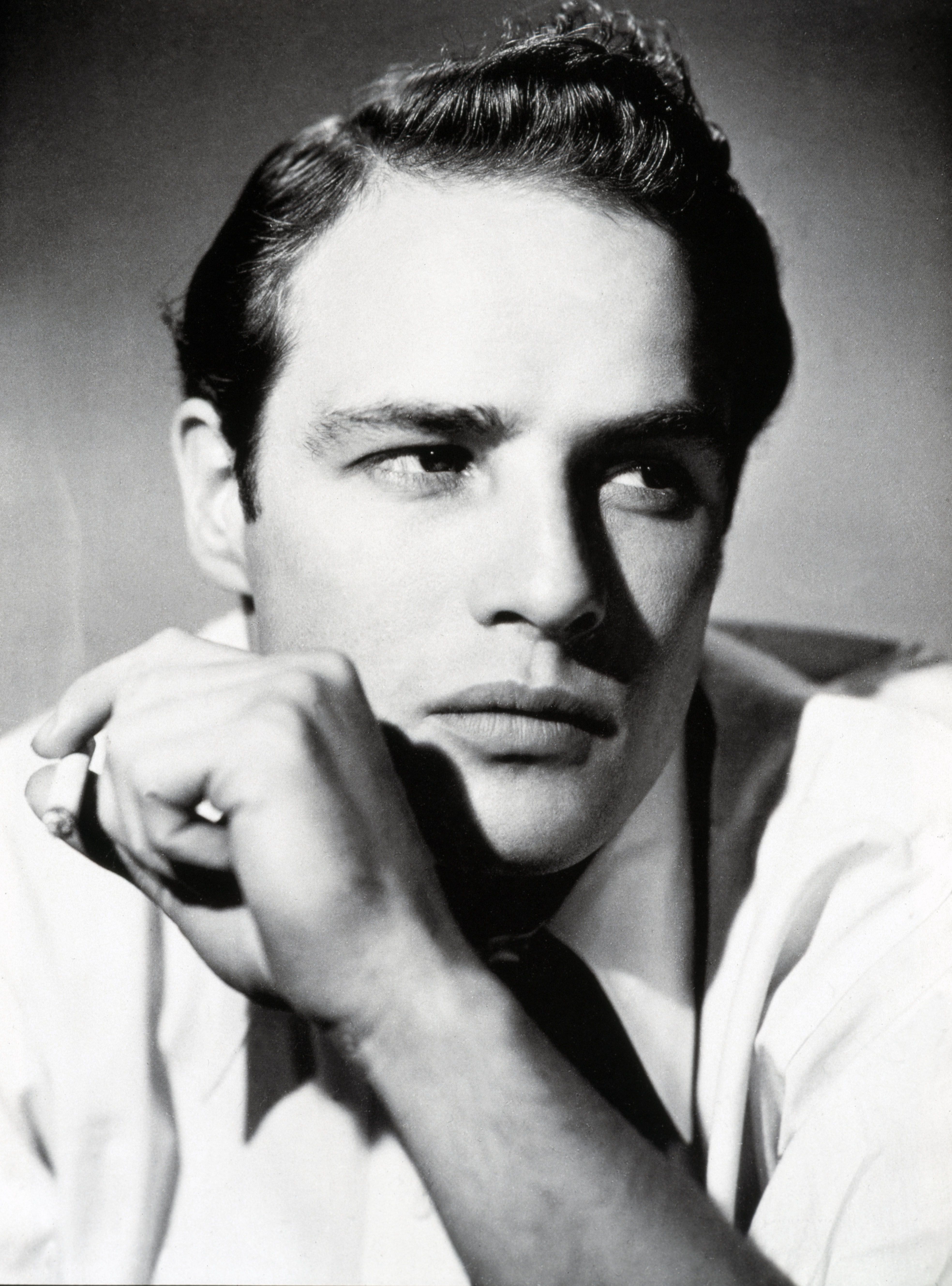
-
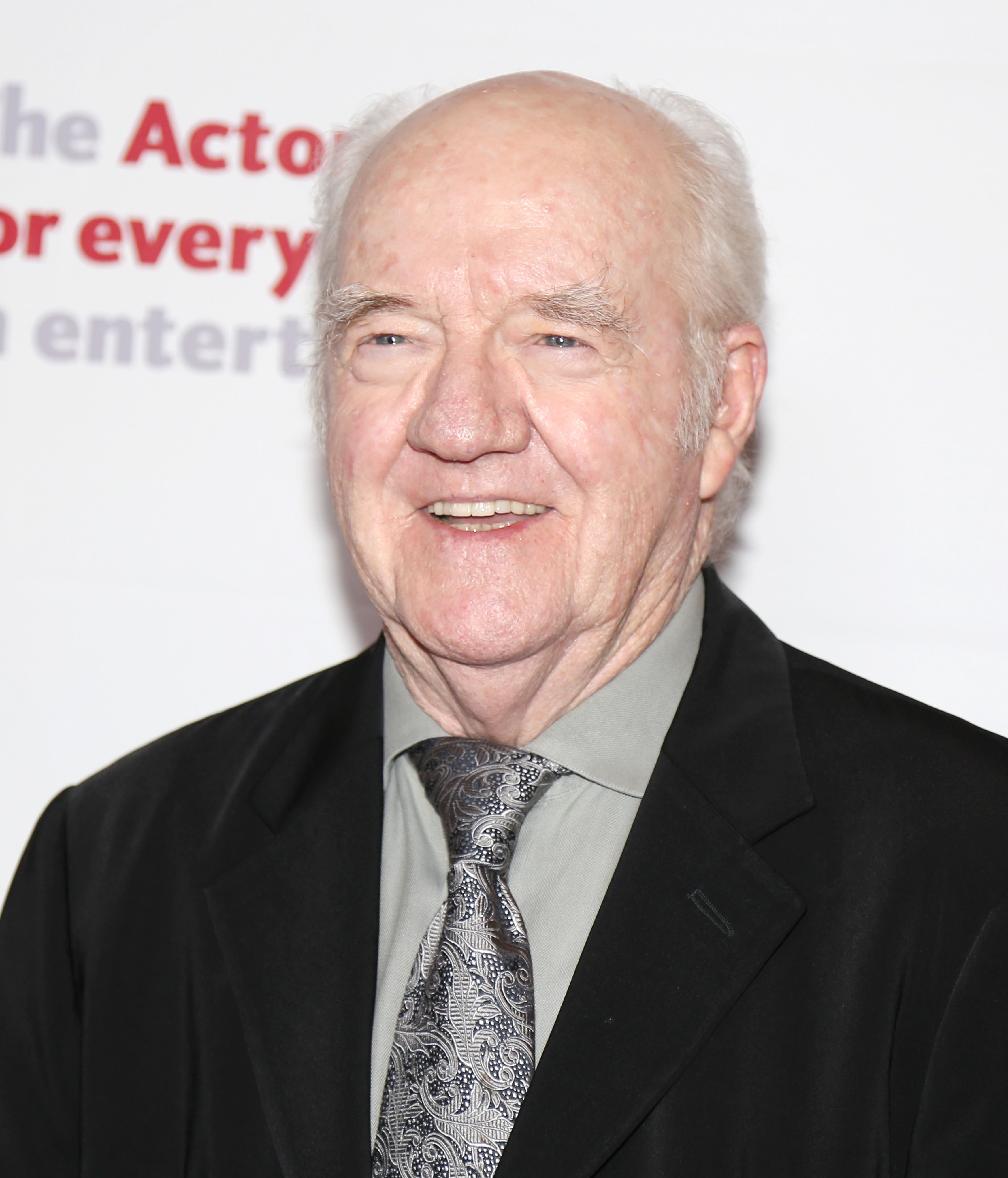 Karl Malden
Karl Malden -
 Lee J. Cobb
Lee J. Cobb -
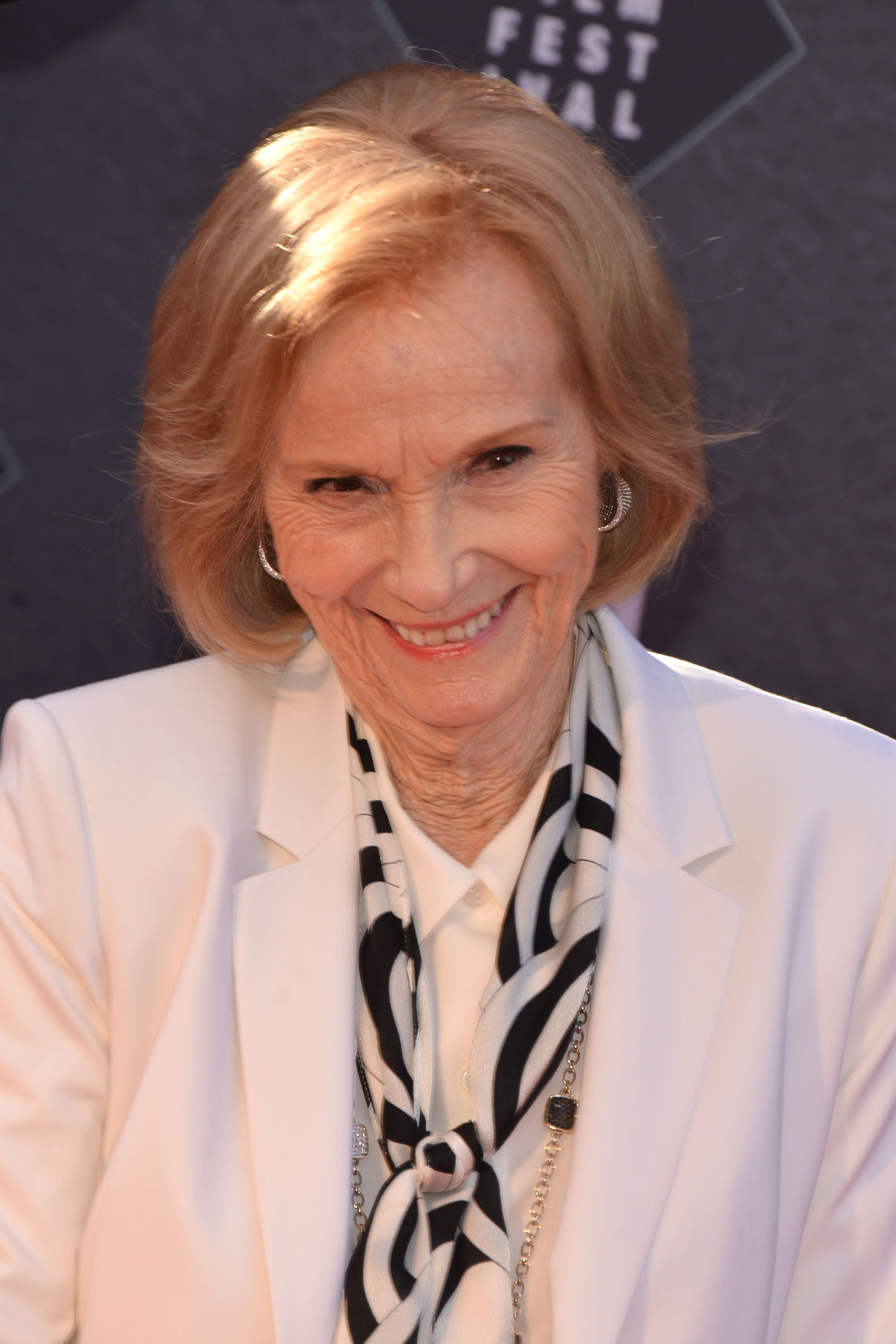 Eva Marie Saint
Eva Marie Saint
- Release Date
- June 22, 1954
- Runtime
- 108 Minutes
- Director
- Elia Kazan
7 'Godzilla' (1954)
Dr. Serizawa (and Godzilla himself)
The movie that started a behemoth series, 1954’s Godzilla was a good deal more somber and death-heavy than at least some of the campier sequels which followed in its wake. Other monster movies have had successful human drama, but the original Godzilla does that side of things better than most kaiju flicks, and it doesn’t shy away from discussing and sometimes even showing the deaths that the titular monster causes.
It's not the only movie that features Godzilla either dying or seeming to die at the end, but it doesn’t happen as often as you might expect, and it’s one of the things that kind of makes the original feel quite different. Also, it features one of the coolest and most memorable human characters in the entire series, Dr. Serizawa, nobly giving his life to kill Godzilla in the climax, with that whole sequence remaining surprisingly moving – and overall bittersweet – all these decades later.
6 'Vertigo' (1958)
Judy Barton
As mentioned before, Psycho was pretty dark overall, but was far from Alfred Hitchcock’s only morbid and unsettling feature film. It’s an understatement to say that the man was pretty good at making such psychologically troubling and even haunting movies, with Vertigo undoubtedly being one of his strongest when judged in such a way.
The narrative unfolds slowly but with a good number of twists throughout, with one woman seemingly dying at the halfway mark, only to potentially reappear, though she’s adopted a different name and might also be a different person. It turns out, no, she’s alive and is trying to lie low with a different identity, but then the tragic nature of the film means that she does actually die right at the end of Vertigo. Deaths of characters heroic or villainous near a climax aren’t always as surprising, but it's the fact that one character has both a faked death and a real one – not to mention the bleakly sudden nature of the latter – that makes Vertigo worth considering for present purposes.
- Release Date
- May 9, 1958
- Runtime
- 128 minutes
- Director
- Alfred Hitchcock
5 'The Wages of Fear' (1953)
All the main characters, including Mario
Standing as one of the greatest international films of all time, 1953’s The Wages of Fear is as continually suspenseful as it is ultimately bleak. Modern-day viewers might find some comedy in the fact that two of the four main characters are named Mario and Luigi (the former the central character, too), but it’s otherwise a pretty serious affair about men trapped in a dangerous situation.
In The Wages of Fear, the four central characters are desperate enough for cash that they agree to transport extremely explosive material through hazardous terrain, knowing full well that even a slightly too jarring bump could make their entire truck go up in flames. The three men who aren’t Mario die before the job’s complete, and Mario is successful… but it’s short-lived, because he ends up dying in a more ordinary car crash without any explosives involved, not long after driving away after completing the job. That’s life!
The Wages of Fear
Cast
-
 Yves Montand
Yves Montand -
 Charles Vanel
Charles Vanel -
 Peter van Eyck
Peter van Eyck -
 Folco Lulli
Folco Lulli
- Director
- Henri-Georges Clouzot
4 'The Cranes Are Flying' (1957)
Boris
The Cranes Are Flying is one of those near-timeless war movies that hasn’t been withered or weakened by the passing of the years (many of them). Released a bit over a decade after World War II ended, The Cranes Are Flying is mostly concerned with the earlier years of the war, and focused on two young people who fall in love just before one of them – the man – is made to go off and fight, leaving the woman alone.
It looks at the civilian experience alongside the soldier’s experience, highlighting difficulties with both… but then at about the halfway mark, the man is suddenly killed, and things become solely about the woman getting placed in an even more emotionally challenging situation. It’s a dark and inevitably sad movie, but it’s more than just that, owing to its empathy and the undeniably beautiful way in which it’s shot.
The Cranes are Flying
Cast
-
 Tatyana Samoylova
Tatyana Samoylova -
 Aleksey Batalov
Aleksey Batalov -
 Vasili Merkuryev
Vasili Merkuryev -
 Aleksandr Shvorin
Aleksandr Shvorin
- Release Date
- October 12, 1957
- Runtime
- 97 Minutes
- Director
- Mikhail Kalatozov
3 'Seven Samurai' (1954)
Four of the samurai, including Kyūzō and Kikuchiyo
If one had to pick a single film to be deemed the most important action movie of all time, it might be easiest to argue that it’s Seven Samurai. Most epic action flicks made in its wake were likely inspired by it in one way or another, with it still holding up well thanks to it telling a simple story with ease, featuring genuine, well-established stakes, putting compelling characters in danger, and building to some great action sequences in its final act.
Concerning the stakes, it really doesn’t mess around, understanding that noble sacrifices – or just good guys dying because of bad luck – enhances the drama immensely. Once the final battle is over, more than half the samurai (four out of seven) have died in combat, including perhaps the two coolest/most memorable of the squad, Ky?z? (Seiji Miyaguchi) and Kikuchiyo (Toshirō Mifune).
- Runtime
- 207 Minutes
- Director
- Akira Kurosawa
2 'Sabotage' (1936)
Stevie
1936’s Sabotage is a fairly early Alfred Hitchcock movie, and shouldn’t be mixed up with the Beastie Boys song/music video of the same name… or should it be? Both are very bold and arguably influential pieces of cinema/video, with the Hitchcock Sabotage being perhaps his darkest pre-Hollywood movie, and suspenseful in a way that he’d continually double down on as he got more confident with his filmmaking abilities.
It's not as well-known as the big death scene in Psycho, but Sabotage does feature a drawn-out sequence where not only does a literal ticking time bomb explode, but it also takes out a prominent character who’s also a literal child. It’s shown unambiguously and is undoubtedly alarming for its time. Honestly, it’s pretty alarming by modern-day standards, too, because scenes with children dying in explosions clearly remain controversial in 2024 as well as 1936 (just look at the response to Terrifier 3).
Sabotage
Cast
-
 Sylvia Sidney
Sylvia Sidney -
 Oscar Homolka
Oscar Homolka -
 Desmond Tester
Desmond Tester -
 John Loder
John Loder
- Runtime
- 76 Minutes
- Director
- Alfred Hitchcock
1 'The Night of the Hunter' (1955)
Willa Harper
The Night of the Hunter is about as perfect a 1950s film as you're likely to find, being a no-nonsense and relentlessly intense thriller/film noir movie. The plot concerns a terrifying purported preacher (much more of a serial killer, it turns out) targeting a widow who he believes is holding onto a small fortune left behind by her deceased husband. She also has two young kids, and they're not excused from the preacher/killer’s menacing behavior.
They're targeted to a more dramatic extent when, quite shockingly, he murders their mother; an act that surprises and cements Harry Powell as one of the greatest movie villains of all time. The kids survive until the film’s end, but their mother dying (and second-billed Shelley Winters exiting the film so soon) does ensure The Night of the Hunter ratchets up the suspense. It’s a movie that genuinely feels dangerous and risky; the kind that makes you think, in the moment, that perhaps not even the children are safe.
The Night of the Hunter
Cast
-
 Robert Mitchum
Robert Mitchum -
 Shelley Winters
Shelley Winters -
 Lillian Gish
Lillian Gish -
 James Gleason
James Gleason
- Release Date
- July 27, 1955
- Runtime
- 92 Minutes
- Director
- Charles Laughton


